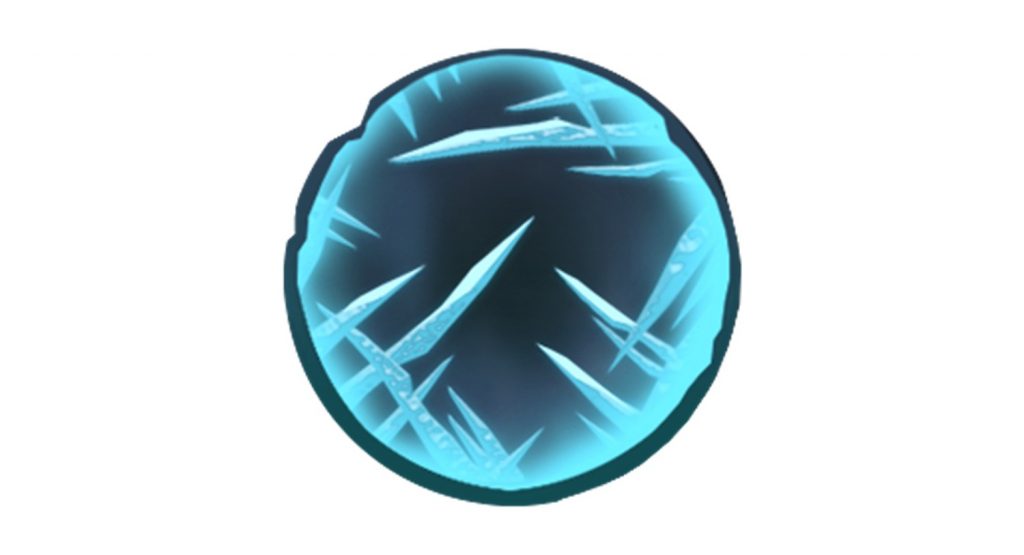
Some time ago I wrote about the fawn defence response.
This is most commonly seen as people pleasing, where a person changes their behaviour to not cause offence to others.
Many of my readers found this really helpful to understand their people pleasing behaviour as a defence response.
Today I want to talk about the next least known defence response.
This is the freeze response.
This happens when your brain decides social connection, fight, flight or fawn will not work to keep you safe.
We have all heard the stories of the person who “froze as though dead” when running away from a bear.
You often see this response in injured animals. The animal “plays dead”. It freezes and you may think it is dead. It may however recover once you are gone.
In a person the freeze response may cause them to collapse. Or they may remain upright but totally unresponsive. They may just look as though they are not there and not respond to you.
If it happens to you, you may be aware of other people but unable to respond to them. Or you may dissociate. That means you will send your mind somewhere else. Somewhere where it is safe. You may feel numb. You may have no sensation of pain.
You may experience this response in many situations.
Being attacked is an obvious one.
Being threatened by another person is another one.
Your freeze response may be triggered by events of the past. If you were an abused child, you may find it hard to leave a situation where another person is speaking to you abusively.
You may go to a family get together and find yourself unable to walk away from a family member who was abusive in the past. You want to walk away, but your body won’t respond.
You may find yourself unable to walk into a situation that frightens you, such as a meeting with the boss.
You may find yourself out with a group of people, going along with them but wanting to leave and finding you are not able to make the move to leave.
These are all freeze responses.
The freeze response is not always understood.
One sad story I heard was of a woman who had been raped when younger. He had a knife and was very violent. She was terrified. She found herself unable to move and fight off her attacker. All she was able to do was lie there and hope he didn’t kill her. She felt frozen.
She was experiencing a freeze response.
Years later she told her daughter about the event. Her daughter was astonished. Why didn’t you fight him, or run away? The woman tried to explain, but her daughter could not conceive of being unable to move. She did not understand the freeze response.
That woman felt so inadequate. She felt she had done something wrong.
She questioned whether she had tried hard enough to get away.
When she came for counselling she was able to learn that she had done nothing wrong. Her body had frozen to protect her.
We can’t always prevent bad things happening, but our bodies can sometimes work to minimise the damage.
That is where the fawn and freeze responses work. Sometimes we come to no harm, other times they minimise the harm.
If you have been in a freeze response, you have been in a terrifying situation. You will often need counselling to help process and heal what has happened.
As a trauma trained counsellor, I have the skills to help you attend to what needs to be healed. If you would like to talk to me about how I can help you, please contact me on 0409396608 or nan@plentifullifecounselling.com.au
If you would like to learn more, I write a regular newsletter with interesting information, tips, information on courses, and the occasional freebie. At the moment I have a free mindfulness meditation for anyone who signs up to my newsletter. This meditation offers a way to safely explore your feelings and learn to be okay with them. If you would like to subscribe please click on the link here: http://eepurl.com/g8Jpiz
